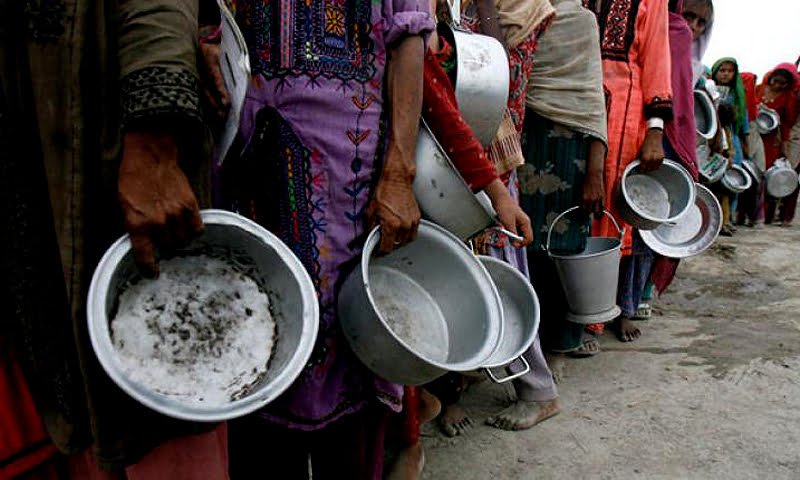Every day too many men and women across the globe struggle to feed their children a nutritious meal. In a world where we produce enough food to feed everyone, 821 million people – one in nine – still go to bed on an empty stomach each night. Even more – one in three – suffer from some form of malnutrition.
Eradicating hunger and malnutrition are one of the great challenges of our time. Not only do the consequences of not enough – or the wrong – food cause suffering and poor health, they also slow progress in many other areas of development like education and employment.
The world has made great progress in reducing hunger: There are 216 million fewer hungry people than in 1990-92, despite a 1.9 billion increase in the world’s population. But there is still a long way to go, and no one organization can achieve Zero Hunger if it works alone. If we want to see a world free of hunger by 2030, governments, citizens, civil society organizations and the private sector must collaborate to invest, innovate and create lasting solutions.


